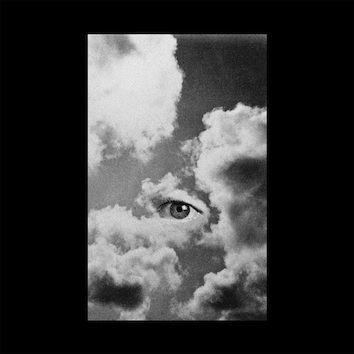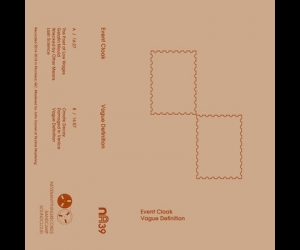
It’s hard to be lo-fi in the twenty-first century. Even the most rudimentary contemporary sound recorders—on a smartphone or laptop, say—lack the auditory artifacts so fetishized by connoisseurs of tape and vinyl and emulated by much contemporary sampling and plunderphonics, from hip hop to The Caretaker (who is ambient artist James Leyland Kirby).
Inspired by British electronic-music pioneer Delia Derbyshire (most famous for her arrangement of the Doctor Who theme) Lille-born Montreal transplant Joni Void (birth name Jean Cousin, formerly known online as Johnny Ripper) makes musique concrète avant-pop that updates the nostalgic idée fixe of the former by way of the latter.
The music retains the catholic tastes and affective concerns of classic plunderphonics—reference points range from Satie and Goethe to hip hop and glitchy techno; song titles like “Observer,” “Aesthetics of Disappearance,” and “Cinema Without People,” betray a Tumblr-esque ethos of stylish alienation, but largely lacking the genre’s customary auditory signifiers, they sound resolutely contemporary—and, indeed, unique: for all its generic familiarity, there is a playful compositional sensibility here that keeps you on your toes. Moving seamlessly through a range of electronic ambient and dance forms, Selfless lulls and excites by turns.
Void has, since moving to Montreal, apparently transformed from a bedroom music producer into an active performer and organizer. Punning on the title’s double meaning, Selfless seems to map this shift. While the album is rooted in historical references and a retro aesthetic, guest spots from rapper Ogun Afariogun on “Yung Werther (Ogun’s Song)” and Kyla Brooks on “Disassociation (Kyla’s Song)” show Void getting out of his own head to engage with other people and the wider world.


